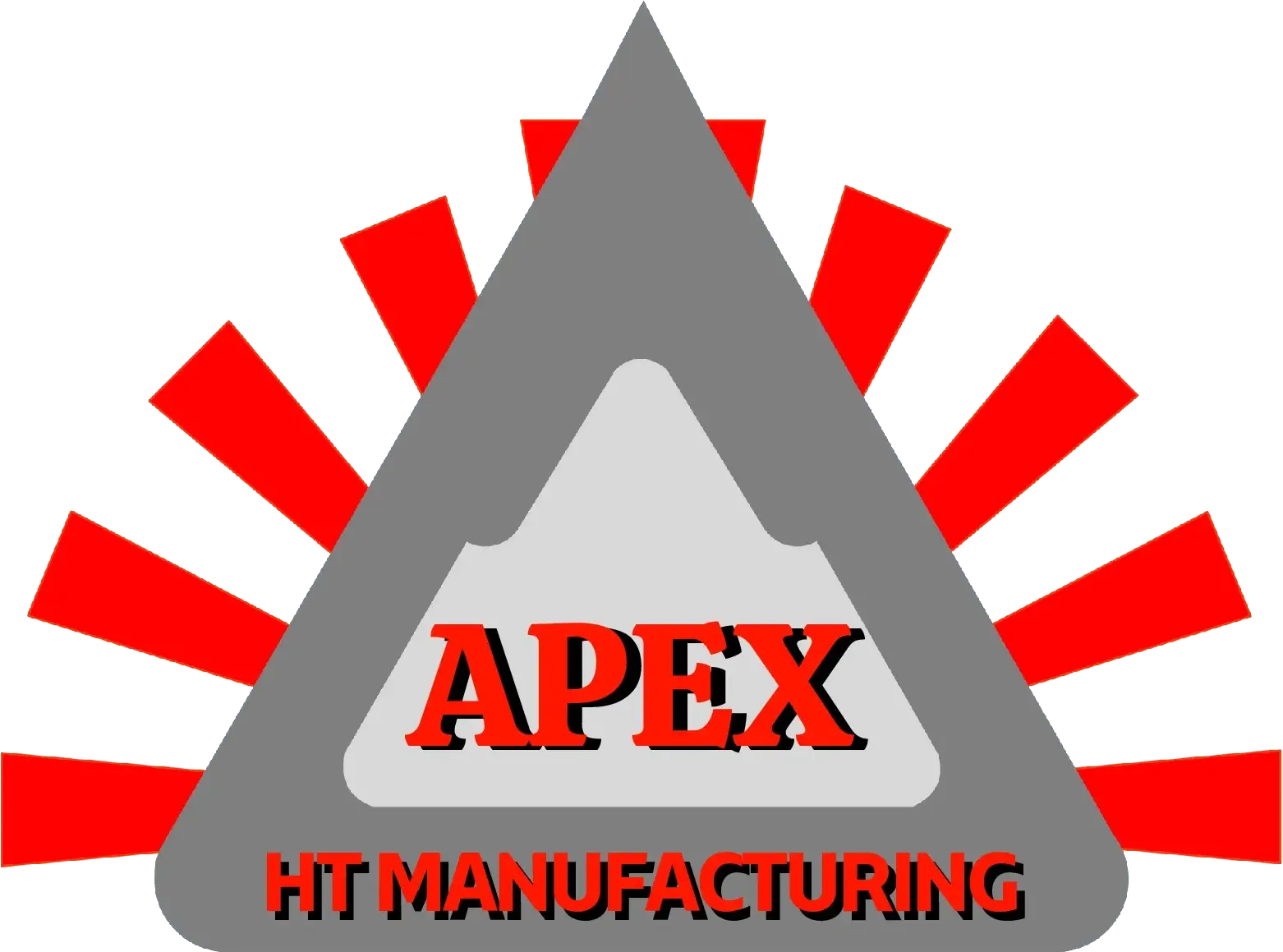
CNC Machining for High Regulation Industries: Precision, Compliance, and Reliability
High regulation industries such as aerospace, medical, defense, and automotive operate under strict standards to ensure safety, quality, and performance. In these sectors, the components produced must meet exacting specifications, and any deviation can have serious consequences. CNC machining has become the go-to manufacturing process for producing precise, reliable parts that comply with rigorous industry regulations.
CNC (Computer Numerical Control) machining uses computer-controlled tools to cut, mill, drill, and shape materials with high precision. This technology allows manufacturers to create complex geometries and tight tolerances that are essential for parts used in high regulation industries. Whether it’s an aerospace turbine blade or a medical implant, CNC machining ensures consistent quality and repeatability.
One of the primary advantages of CNC machining in regulated industries is its ability to maintain tight tolerances. Many components must fit and function perfectly under extreme conditions, and even minor defects can lead to failure. CNC machines can operate with tolerances as low as microns, producing parts that meet or exceed industry specifications.
Traceability and documentation are also critical in high regulation sectors. CNC machining facilities often incorporate quality management systems compliant with standards such as ISO 9001, AS9100 for aerospace, and ISO 13485 for medical devices. These systems provide thorough documentation of every step in the manufacturing process, from material sourcing to final inspection, ensuring that each part is fully traceable and audit-ready.
Material selection is another key factor. High regulation industries often require specialized materials such as titanium, Inconel, and medical-grade stainless steel. These materials provide necessary strength, corrosion resistance, and biocompatibility but can be challenging to machine. Advanced CNC machining centers equipped with the right tooling and expertise are essential for working with these alloys while maintaining precision and surface finish.
Moreover, CNC machining supports rapid prototyping and flexible production runs, which are invaluable in industries driven by innovation. Companies can quickly iterate designs, test new concepts, and scale production without compromising quality. This flexibility accelerates product development cycles and helps bring new technologies to market faster.
In addition to technical capabilities, CNC machining providers serving high regulation industries must adhere to strict regulatory frameworks. Compliance with ITAR (International Traffic in Arms Regulations), FDA regulations, and other industry-specific standards ensures that sensitive or critical parts meet all legal and safety requirements. Partnering with a CNC machining supplier familiar with these rules helps reduce risks and avoid costly delays.
In conclusion, CNC machining is indispensable for high regulation industries seeking precision, compliance, and reliability. Its ability to produce complex, high-quality components with full traceability makes it the preferred choice for sectors where quality can never be compromised. Whether you’re in aerospace, medical, defense, or automotive, working with expert CNC machining providers ensures your parts meet the strictest standards and perform flawlessly in the field.
